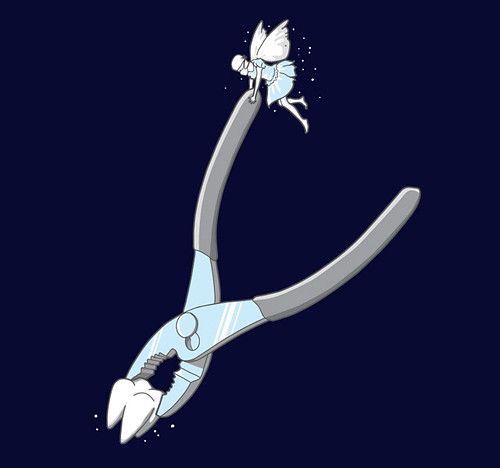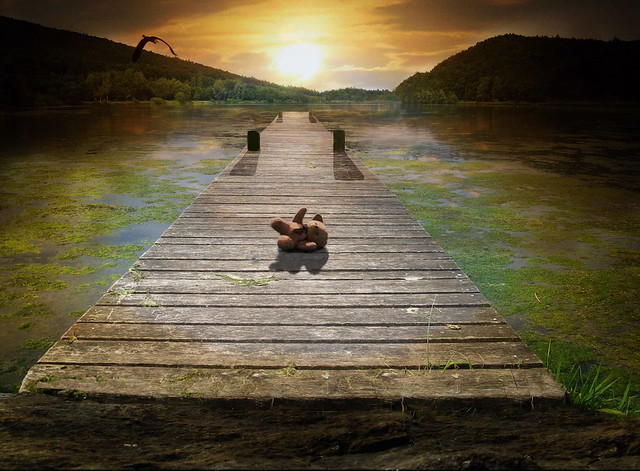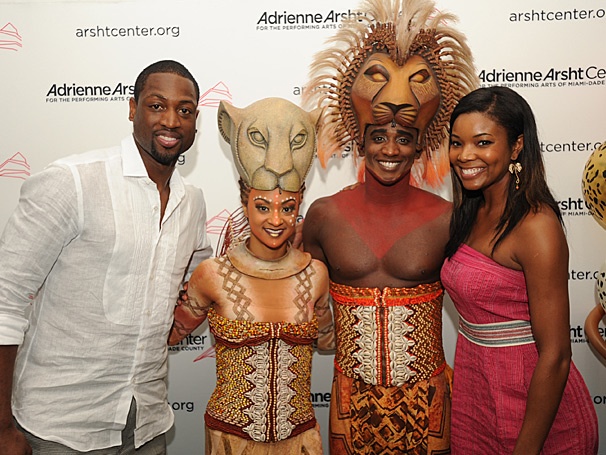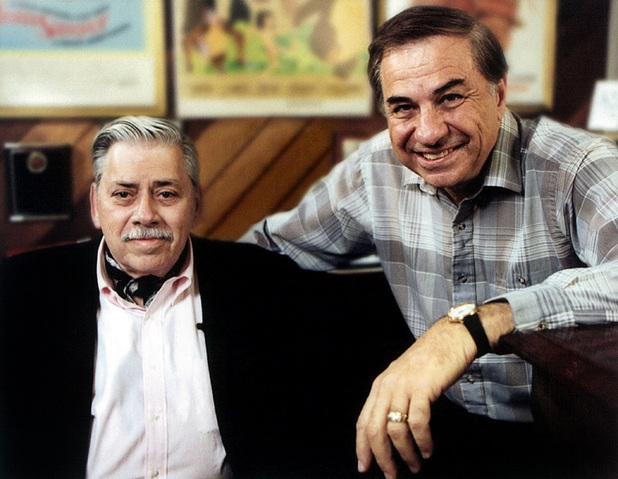I was going through last year's entries and realized that I forgot to talk about one subject that had piqued my interest: regionalism. According to Professor Donna Campbell's website at http://public.wsu.edu/~campbelld/amlit/lcolor.html, regionalism was a genre of American literature where an entire story revolves around place. We had to read Sarah Orne Jewett for American Literature in the Country and City, and though I disagreed with Jewett's lack of adventure, the idea of regionalism stayed with me. People used to read national magazines to learn about isolated American communities, about differing communities and values. That interest died, perhaps having to do with increased communication in the twentieth century and further segregation of rural and urban areas.
Image Source: http://farm6.staticflickr.com/5296/5490614950_22c2c81e20_z.jpg
After class, however, as I was walking with fellow blogger Jordan Grana who also attended that class, an idea occurred to me: how come we don't have regional urban fantasy? How come we don't have suburban science fiction? Yes, we have Ray Bradbury's "Uncle Einar" and Neil Gaiman's road trip adventure in American Gods, but why have we not designated a genre where a city or town defines the magic? Why do people prefer Tolkien's Middle Earth and dystopias with
Reminds me; need to discuss this issue with Jordan so that we have lunchtime banter for the spring semester.
Here is my answer: most urban fantasy stories can find new homes in different regions unless a realistic setting creates conflict. The Magic Shop books' titular store appears and disappears in different fictional neighborhoods, for example, never needing the New York subways or Nashville country singer scene. When the setting relates to the plot, like the necessary road trip in Rick Riordan's The Lightning Thief, then we see local color and dialect leave an indelible stamp. These places don't talk when they appear; they chatter, snarl, and chortle. They like being recognized, especially on the fictional landscape. Fake town names bury these actual places in pages of transience, condemning them to literary anonymity.
Film adaptations of books have displayed such transience; books Coraline and Matilda, for example, occurred in British towns where people drank tea and paid for things in pence. Laika Productions moved Coraline to Oregon, while Matilda took residence in a nameless American town. For Matilda, one only needs a house, a school, and a library. Coraline only requires an apartment complex, a well, and CGI effects. Filmmakers can then save the budget for promotion and flawless script writing These plots rely on characters to create the conflict, as well as to find the resolution. Both movies are fairly faithful, however, and took care to tell solid stories. At least Matilda's nemesis Miss Trunchbull remained British, and actress Pam Ferris did her job well. The viewer could imagine the precocious, telekinetic child entering their house and reading books under a tree in the local park. Coraline could have crawled through any hole in the wall to the Other Mother's realm.
Regionalist stories in contrast have physical limitations. These novels and short stories convey events that can only happen in one designated town or city. Filmmakers would find themselves facing budget problems, but readers would also feel isolated in the worst-case scenario. They cannot relate to rural life, much less rural life with dragons or phoenixes. I would like to take that risk.
My reasons are clear; readers read a book to escape. They want to explore places out of reach in the real world. If I can show another kid my view of Miami, of a California forest during a strenuous hike, of a small-town bakery with palm trees outside, then I have done my job. If I can show those views with magic, then I give those places meaning and allow them to chatter. I can show what home means to me.
Image source: http://farm3.staticflickr.com/2656/5820866907_336d18627e_z.jpg
Maybe another reader will feel the same.
Image Source: http://farm6.staticflickr.com/5296/5490614950_22c2c81e20_z.jpg
After class, however, as I was walking with fellow blogger Jordan Grana who also attended that class, an idea occurred to me: how come we don't have regional urban fantasy? How come we don't have suburban science fiction? Yes, we have Ray Bradbury's "Uncle Einar" and Neil Gaiman's road trip adventure in American Gods, but why have we not designated a genre where a city or town defines the magic? Why do people prefer Tolkien's Middle Earth and dystopias with
Reminds me; need to discuss this issue with Jordan so that we have lunchtime banter for the spring semester.
Here is my answer: most urban fantasy stories can find new homes in different regions unless a realistic setting creates conflict. The Magic Shop books' titular store appears and disappears in different fictional neighborhoods, for example, never needing the New York subways or Nashville country singer scene. When the setting relates to the plot, like the necessary road trip in Rick Riordan's The Lightning Thief, then we see local color and dialect leave an indelible stamp. These places don't talk when they appear; they chatter, snarl, and chortle. They like being recognized, especially on the fictional landscape. Fake town names bury these actual places in pages of transience, condemning them to literary anonymity.
Film adaptations of books have displayed such transience; books Coraline and Matilda, for example, occurred in British towns where people drank tea and paid for things in pence. Laika Productions moved Coraline to Oregon, while Matilda took residence in a nameless American town. For Matilda, one only needs a house, a school, and a library. Coraline only requires an apartment complex, a well, and CGI effects. Filmmakers can then save the budget for promotion and flawless script writing These plots rely on characters to create the conflict, as well as to find the resolution. Both movies are fairly faithful, however, and took care to tell solid stories. At least Matilda's nemesis Miss Trunchbull remained British, and actress Pam Ferris did her job well. The viewer could imagine the precocious, telekinetic child entering their house and reading books under a tree in the local park. Coraline could have crawled through any hole in the wall to the Other Mother's realm.
Regionalist stories in contrast have physical limitations. These novels and short stories convey events that can only happen in one designated town or city. Filmmakers would find themselves facing budget problems, but readers would also feel isolated in the worst-case scenario. They cannot relate to rural life, much less rural life with dragons or phoenixes. I would like to take that risk.
My reasons are clear; readers read a book to escape. They want to explore places out of reach in the real world. If I can show another kid my view of Miami, of a California forest during a strenuous hike, of a small-town bakery with palm trees outside, then I have done my job. If I can show those views with magic, then I give those places meaning and allow them to chatter. I can show what home means to me.
Image source: http://farm3.staticflickr.com/2656/5820866907_336d18627e_z.jpg
Maybe another reader will feel the same.














